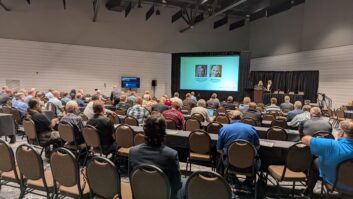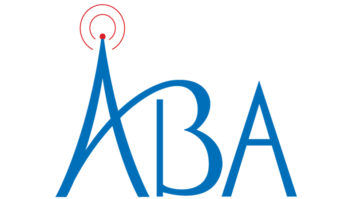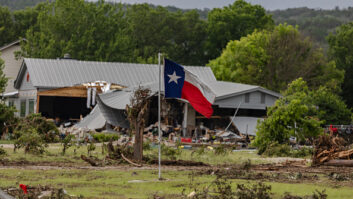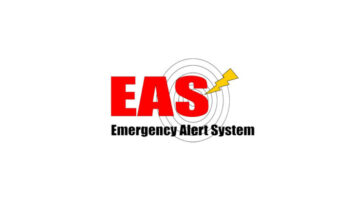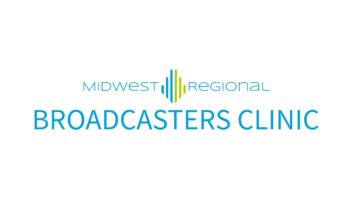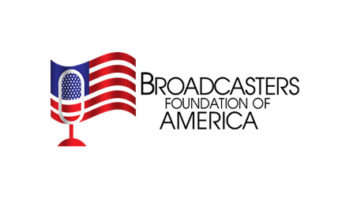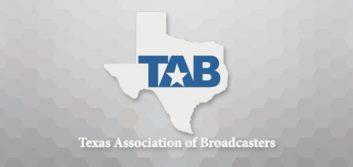 In January, the Texas Association of Broadcasters marks a quarter century for its Alternative Broadcast Inspection Program. Through the ABIP, a group of broadcast engineering veterans review stations for FCC compliance using FCC self-inspection checklists as a guide.
In January, the Texas Association of Broadcasters marks a quarter century for its Alternative Broadcast Inspection Program. Through the ABIP, a group of broadcast engineering veterans review stations for FCC compliance using FCC self-inspection checklists as a guide.
“An ABIP review is an affordable way for a station to confirm its compliance with FCC regulations,” said TAB Vice President for Legislative and Regulatory Affairs Michael Schneider. “A number of stations have told us over the years that these reviews provide great peace of mind. They don’t want to miss something, and if they did, they want to fix the problem quickly. The TAB ABIP helps them do just that.”
Since Jan. 1, 1997, TAB inspectors have visited hundreds of Texas stations, reviewed station studio and transmitter facilities and certain station procedures for compliance, and helped stations avoid fines by identifying deficiencies and how to correct them.
“It’s not just a review of the online Station Public Inspection File. Inspectors assess transmitter and tower site issues like painting, lighting, fencing and signage, studio facilities, and a host of other areas including station technical and EAS logging,” Schneider said.
[Previously in Radio World: “Protect Your Most Valuable Asset: Your Station License”]
According to a list compiled by TAB ABIP Inspector Dick S. Pickens, the most common deficiencies identified through an alternative inspection include incomplete or unapproved station logs, no quarterly tower light alarm tests, no schedule of maintenance and calibration, various Public File violations, and EAS monitoring and logging deficiencies. TAB ABIP inspections do not include reviews of EEO compliance or of a station’s political file.
The TAB ABIP program, as in other states, is FCC approved. Stations found by the ABIP to be in compliance with FCC regulations can earn a three-year waiver from routine or surprise FCC inspections absent a complaint or tower safety issues.
Since 1994, state broadcasting associations have been able to partner with the FCC to provide ABIP services. A 2018 review of 15 years’ worth of ABIP records by the late Ken Benner, who spent some 24 years as an ABIP inspector, found that alternative inspections had helped stations avoid some $30 million in potential fines.
Schneider described the ABIP program as a win–win for stations and regulators, as well as the public.
“These independent reviews have helped broadcasters stay on top of their FCC requirements while allowing the Commission to reallocate staff and resources from field offices to other FCC policy areas,” he said.
“Public safety is also a top priority of the program, since a tower with faded paint or a lighting failure can be a hazard to aviation, and a breach in a tower’s fencing can lead to individuals trespassing on the site, potentially creating RF exposure issues or, with recent incidents of vandalism, knocking a station and its news and emergency information off of the air for an extended period of time.”
As with other programs, the COVID-19 pandemic did have an effect on the TAB ABIP, but looking ahead the demand for ABIP inspections is strong.
“We received far fewer orders for ABIP reviews after March of 2020. Many stations weren’t even allowing their own staff onsite. We still conducted inspections, however, following COVID-19 health and safety protocols,” Schneider said.
As stations reopen their facilities again to staff and the public, Schneider said there has been a “steady increase” in sign-ups for TAB ABIP inspections.
Comment on this or any article. Write to [email protected].
